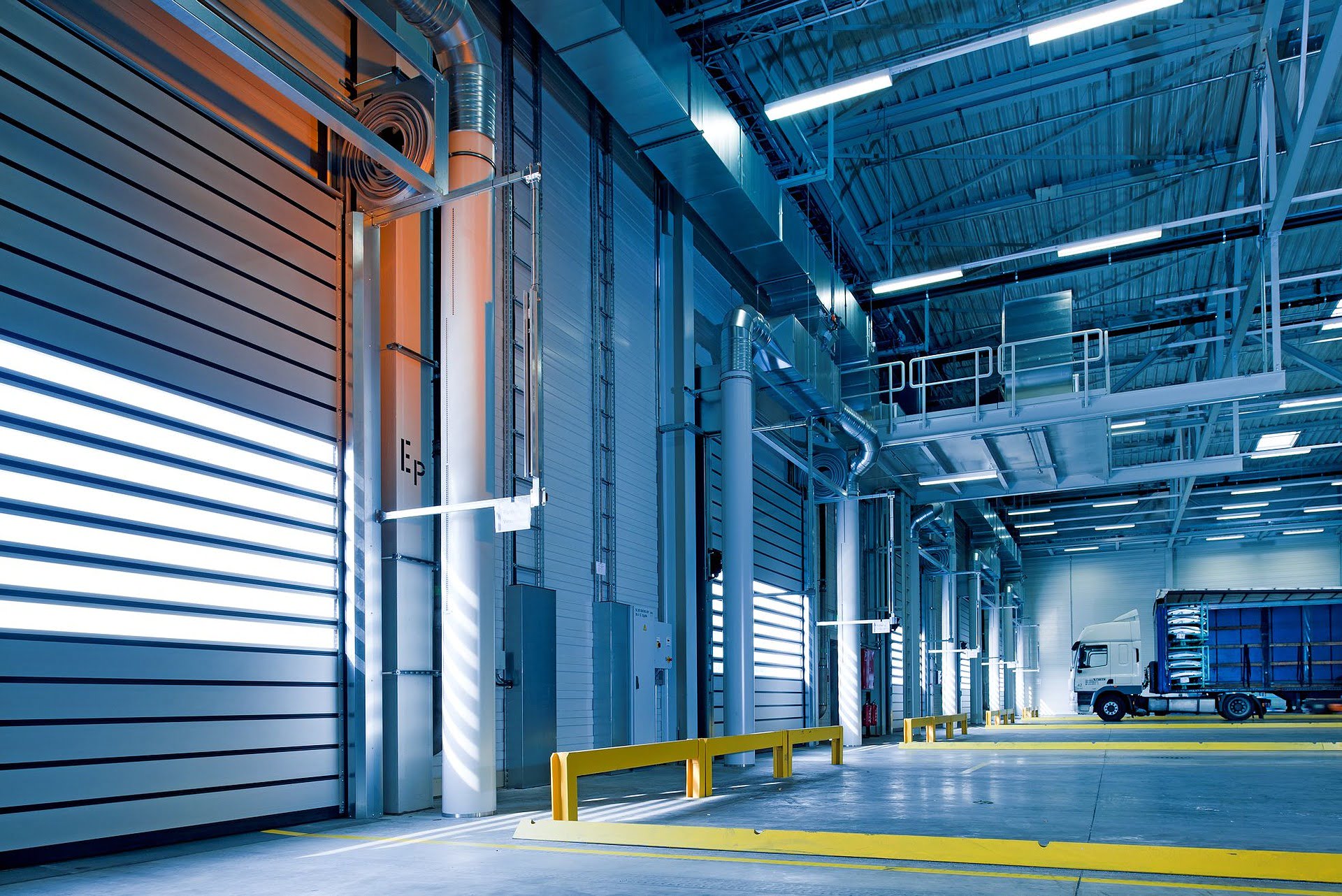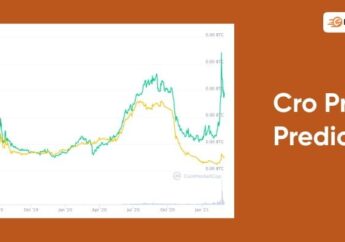How to Invest in Industrial Property?
by Abdul Aziz Mondal Investing Published on: 22 June 2018 Last Updated on: 21 October 2024

While most people at least considered an idea of purchasing a residential property, most of them never even thought about buying an industrial property. This makes them assume that these two trends have much in common when, in reality, this isn’t necessarily the case. That being said, there are several things you need to understand about investing in industrial property, especially when compared to its residential property investment.
1. Location :
The first thing worth taking into consideration, when talking about differences between industrial and residential property is the location and proximity to busy roads. You see, an ideal residential property is somewhere far away from busy roads, while an industrial property is, ideally, as close to them as possible. This alone is enough to determine the value of the property or even break the deal.
2. Lease :
Next thing to consider is that, due to the nature of investment and due to the difference in the nature in which industrial property tends to pay itself back, the lease is usually longer than two years and has fixed escalation for every year. In most scenarios, we’re talking about 8 to 10 percent per each year.
3. Logic vs. emotions :
When buying an industrial property, the only thing that’s getting affected is your profit (if you aim to resell it or lease it out) or your productivity (if you aim to use it for your own company). As for the residential property, things are much different, seeing as how the choice affects your entire lifestyle. This is why a purchase of industrial property needs to be governed by reason, research and professional advice from experts behind veteran firm like Curtis Associates and not made on impulse.
4. Capital commitment :
The next thing worth keeping in mind is the fact that an investment in an industrial property, on average, requires a much larger capital commitment than it would take for a residential property. Furthermore, there’s so much paperwork and licenses to resolve before you’re even allowed to lay down your money. Overall, it’s not a decision to be made lightly and it’s something that’ll affect you for years to come, perhaps even set a course for your future financial projections.
5. Income vs. capital return :
Even if you decide to lease out both your industrial property and your residential home, it goes without saying that the first one yields a much greater income. On the other hand, it seldom gets you a better capital return than the idea of investing in residential property. That being said, which one should you invest in mostly depends on what your long-term goals are. If you have the money and plan to create a potent stream of revenue you should definitely go for industrial property investment. If not, going for residential might be a better move.
6. The method of closing a purchase :
Finally, when buying an industrial property, you first need to pinpoint the area (even if it’s a broad area) where you intend to invest. Then, you need to look at the local prices and make an estimate whether you can afford to do so in the first place. Next, you need to contact property brokers, financiers and consult your lawyer in order to get the ball rolling. At the end of the day, keep in mind that things can go south for a number of reasons, which is why you need to avoid getting emotionally engaged in the process.
In conclusion :
If you start this investment by setting your goals and deciding on the basic parameters and principles you’ll adhere to, you’ll be off to a great start. In other words, there’s no such thing as a bad investment or good investment, there’s only a bad or good investment for you. This alone is the main principle you need to follow.
Read Also :



































































































